Antarctica: Journals & Articles
Further resources, if available, can be found in our full bibliography.
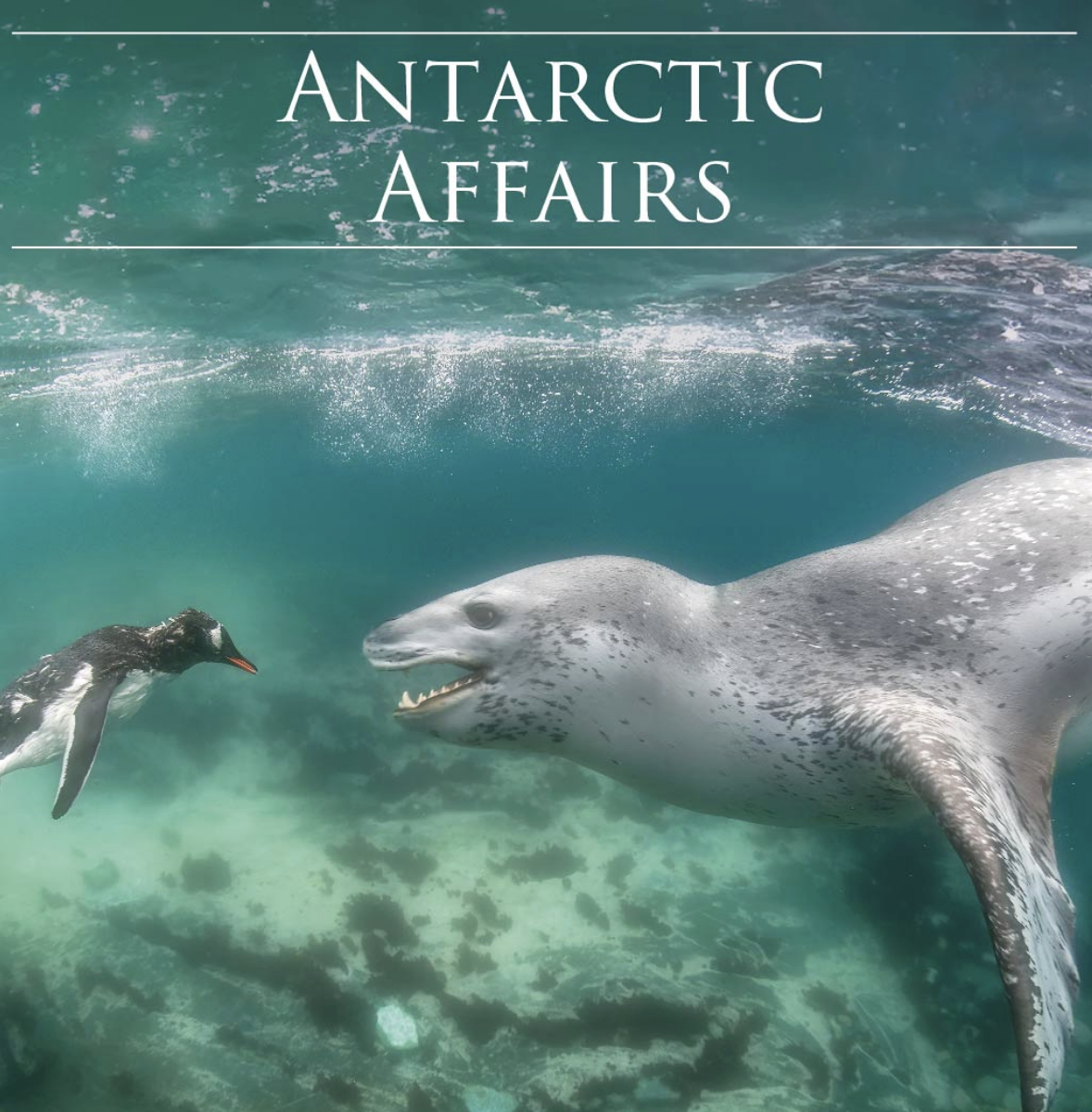
Antarctic Affairs
2014-Present
Antarctica Affairs is an interdisciplinary journal dedicated to Antarctic issues, combining policy analysis, environmental studies, legal research, and scientific findings. It covers governance and treaty matters as well as practical scientific results, though detailed publication metrics are less transparent–it emphasizes expert insight into how Antarctica is managed and protected.
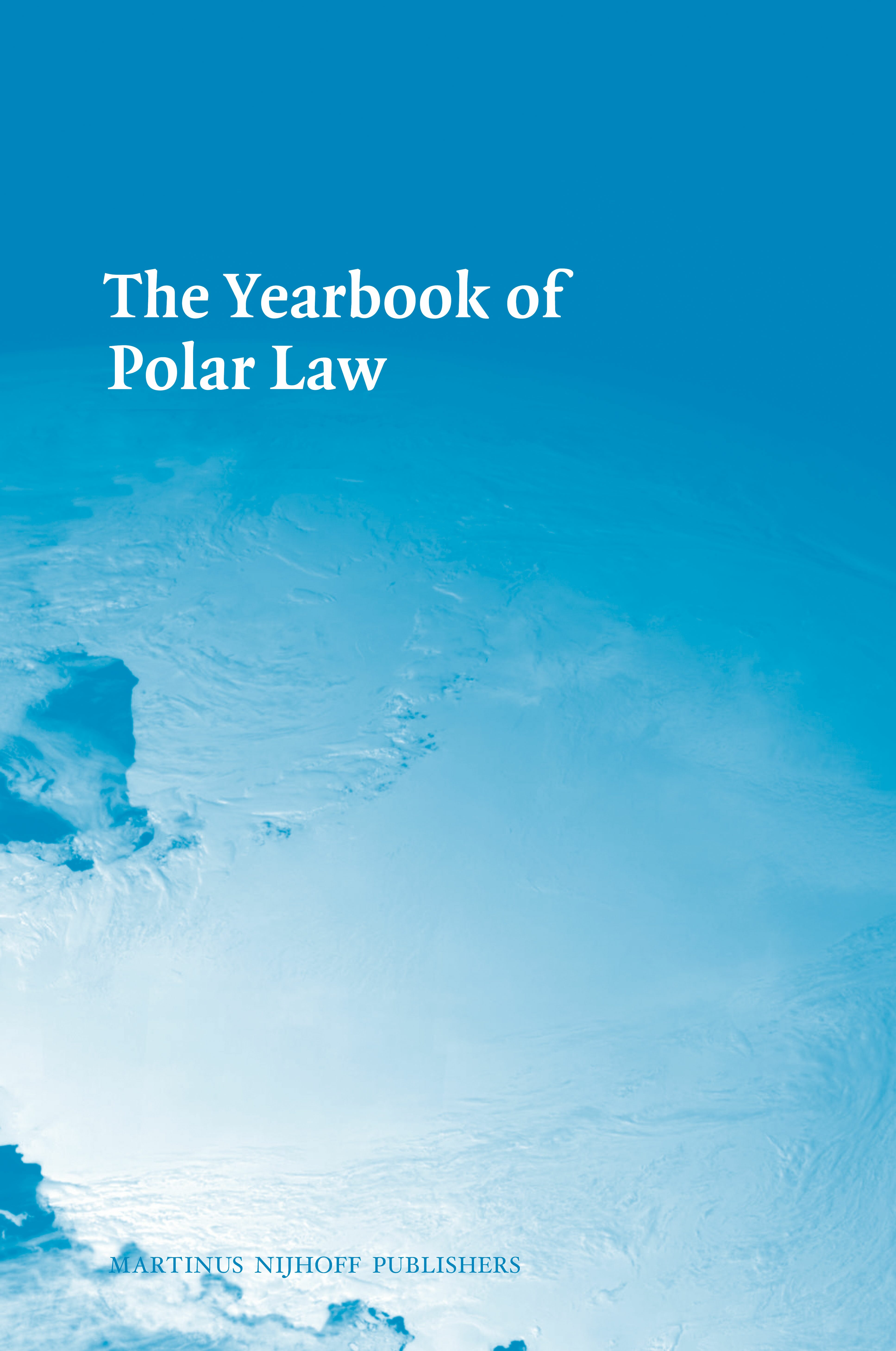
Published annually, The Yearbook of Polar Law focuses on legal and policy developments in the Arctic and Antarctic. It brings together scholarly articles on environmental law, Indigenous rights, sovereignty, and natural resource governance. The journal is closely tied to the annual Polar Law Symposium and offers a comprehensive view of legal frameworks in polar regions.
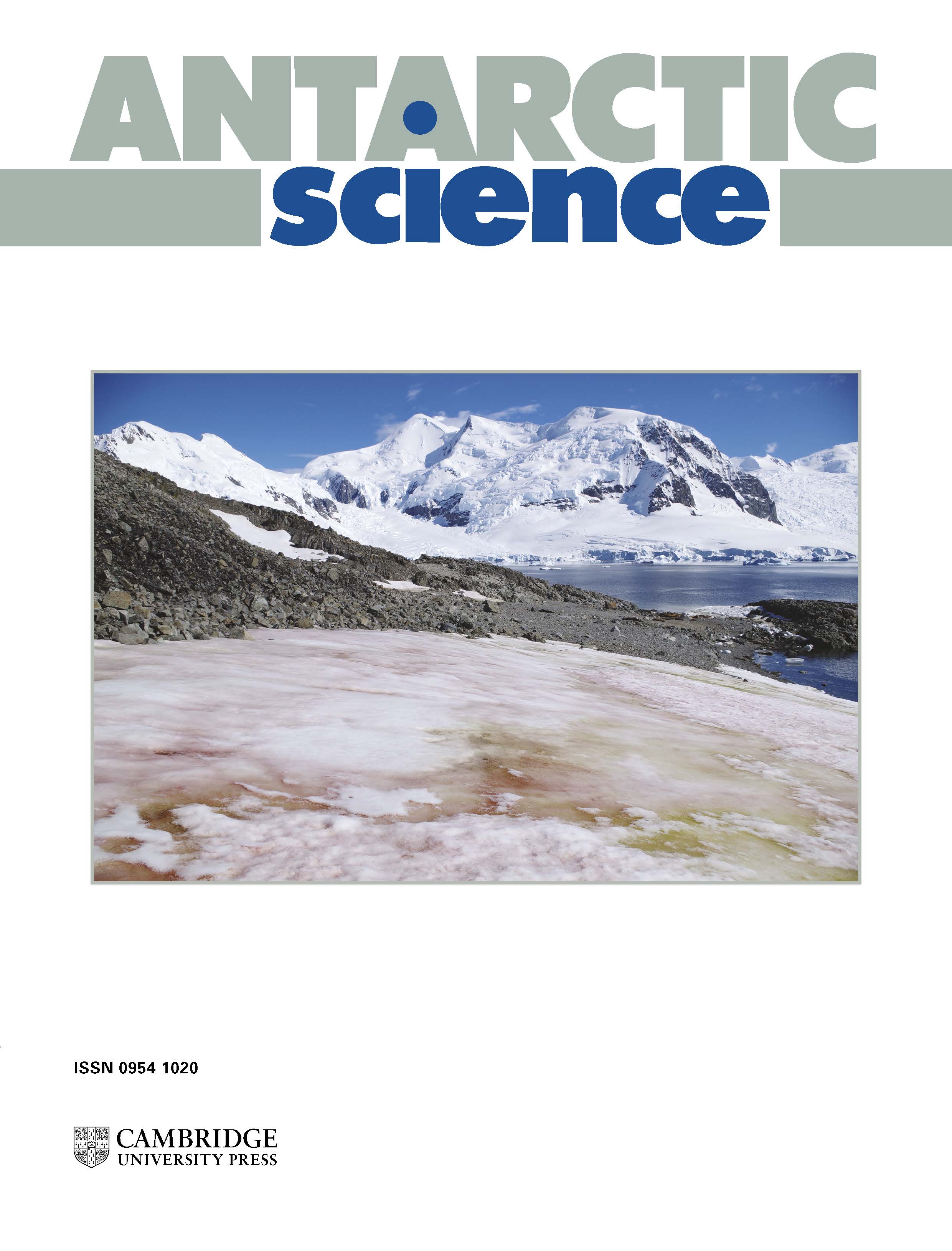
A fully open-access, peer-reviewed journal published six times a year, Antarctic Science welcomes research from all disciplines related to the Antarctic–from biology, geology, meteorology, oceanography, and space science to environmental policy and humanities. It includes full research articles, reviews, perspectives, technical notes, and book reviews. Its aim is to provide an international platform for scientists across countries conducting Antarctic research.
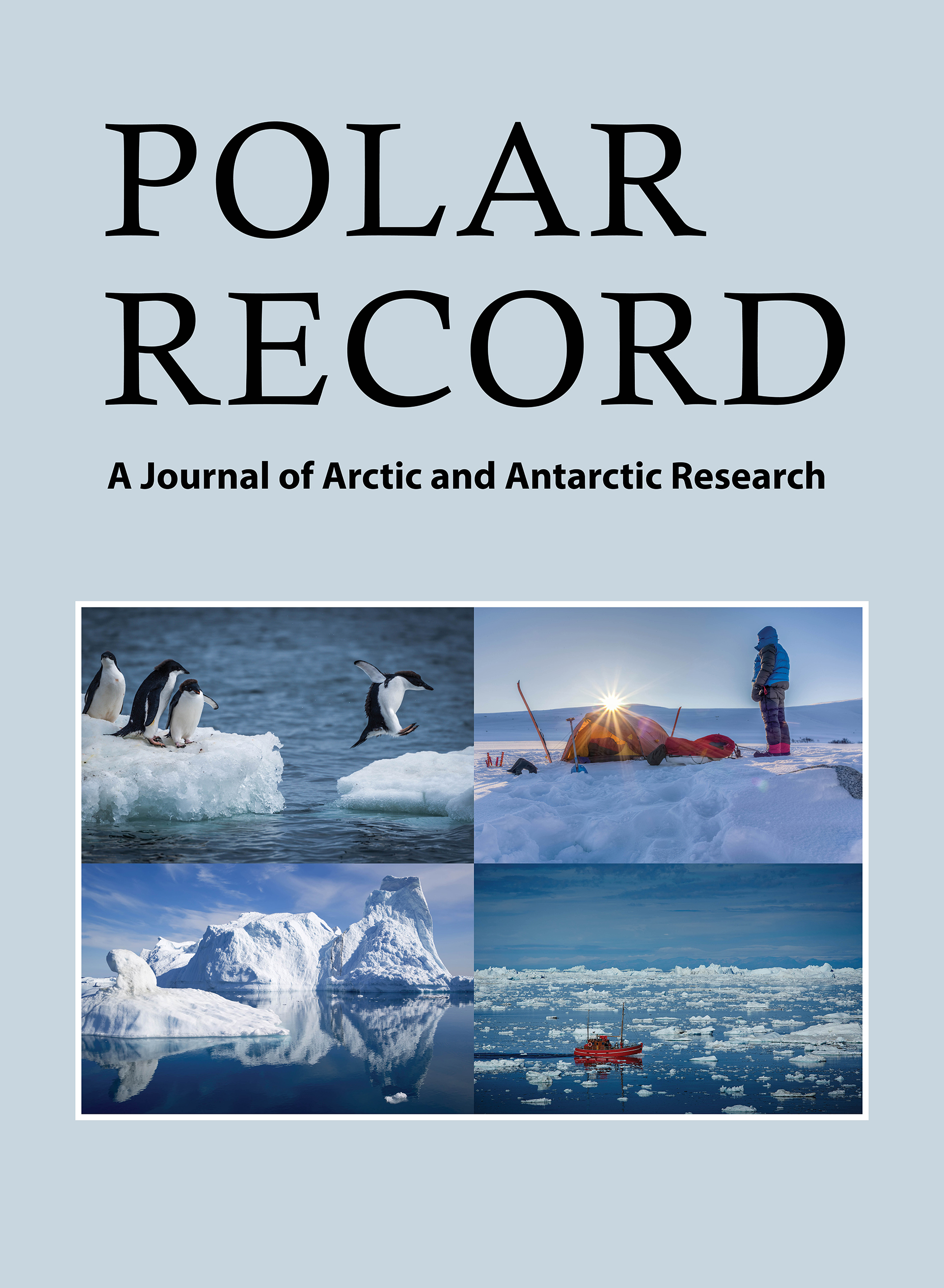
Polar Record is a Gold Open Access journal that publishes articles in a wide variety of areas of polar research in both the Arctic and the Antarctic and keeping its readers up to date with an extensive range of topics and concerns. The journal includes original primary research papers in the physical sciences, life sciences, polar technology, humanities, and social sciences, as well as papers concerning current political, economic, legal, and environmental issues.
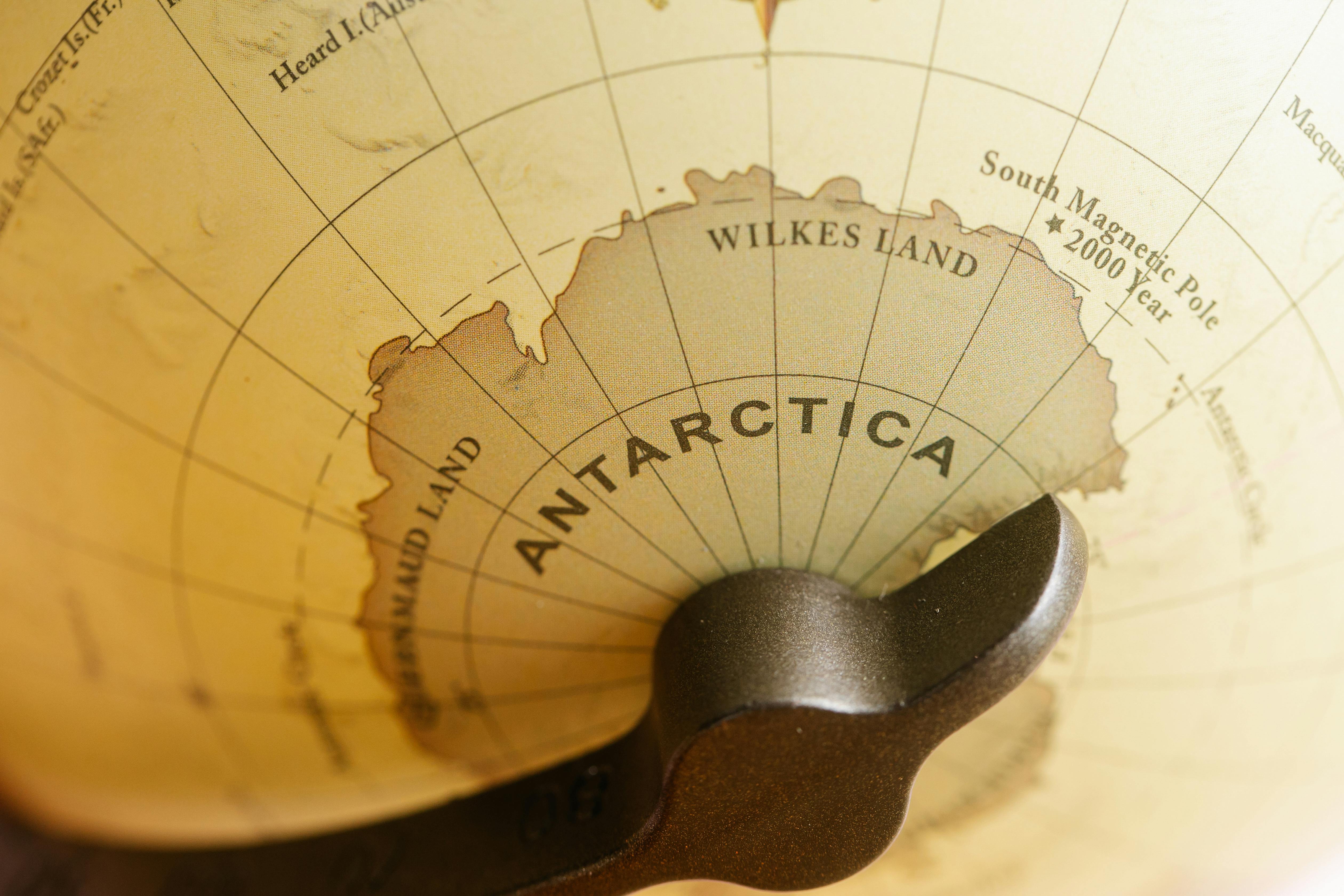
The Environmental History of the Antarctic
Sebastian Grevsmühl
This article explores how the study of Antarctica’s environmental past emerged relatively recently. The author also traces key historical developments in human interaction with the continent
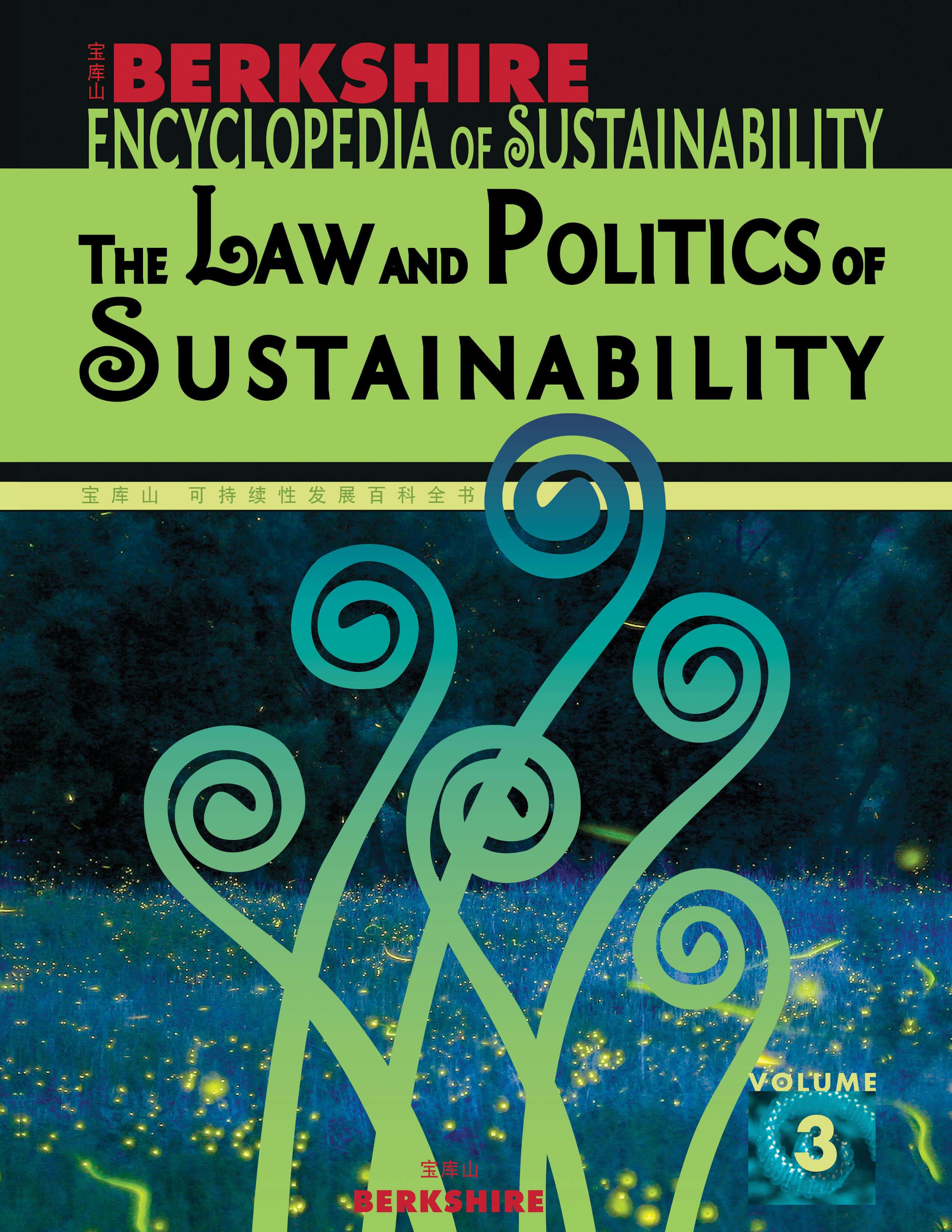
"Environmental Law-Antarctica"
Alan D. Hemmings
Klaus Bosselmann, Daniel S. Fogel, J. B. Ruhl
This chapter examines the unique environmental law governing Antarctica, shaped by the Antarctic Treaty System (ATS) and a mix of state laws, international treaties, and political norms. It discusses the region’s exceptional status, with issues like sealing, fishing, and mining addressed through separate instruments. While the ATS has achieved significant environmental and peace-related successes, the chapter highlights ongoing challenges in applying global environmental rules and the potential risks of undermining Antarctica’s interests without its collective governance system.
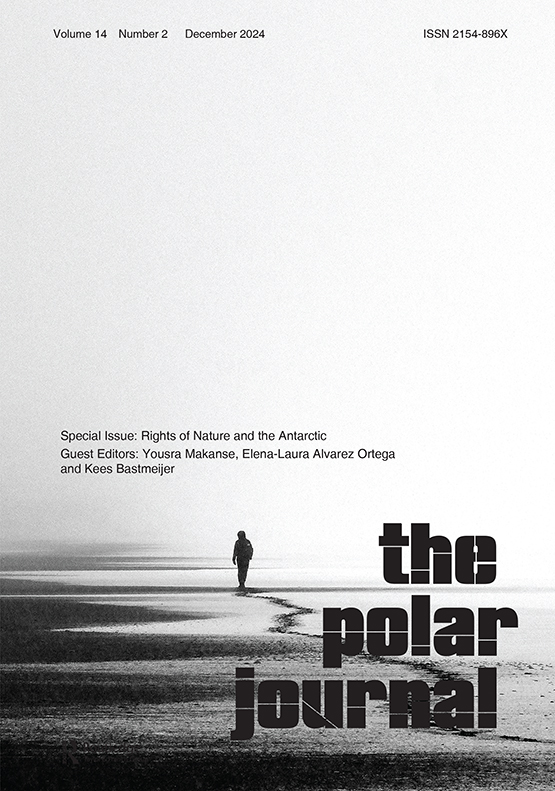
Rights of nature and non-use of nature for environmental protection in Antarctica
Solène Guggisberg
Through the lenses of mining moratoriums and fishing restrictions, this article analyzies traditional law alongside the Antarctic Treaty System’s measures. While these rules reflect some core rights of nature principles, they still maintain anthropocentric biases, especially in older instruments. The conclusion is that stronger procedural safeguards are needed before rights of nature can fully take hold.
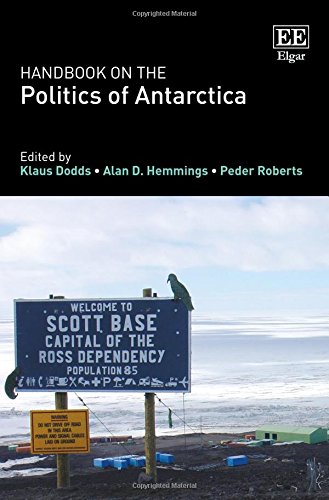
"Global legal norms in the Antarctic"
Ruth Davis
Klaus Dodds, Alan D. Hemmings, Peder Roberts
In this chapter, Ruth Davis explores the global legal norms established by the Antarctic Treaty System (ATS), analyzing the values enshrined within it and how it reflects emerging principles of international law. Davis focuses on how the Antarctic Treaty addresses traditional security concerns, emphasizing its core provisions designed to remove or contain these issues in the region.
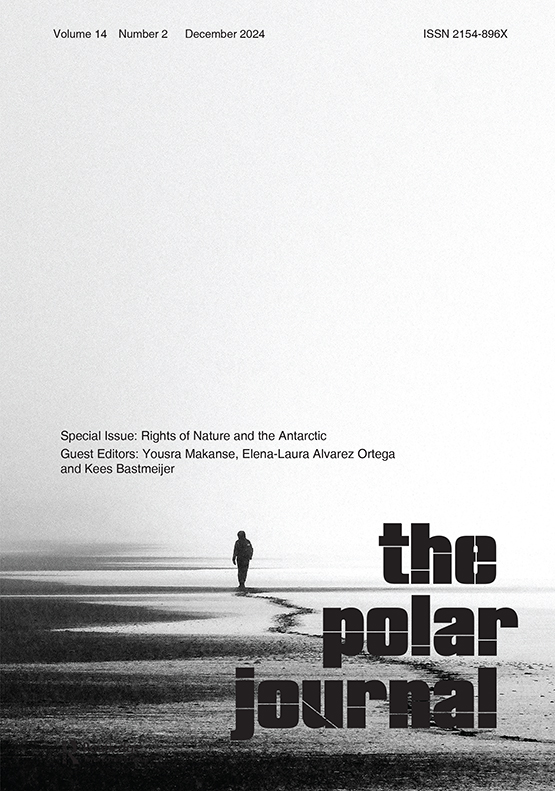
Reframing the Antarctic as polar planetary commons: moving beyond rights of nature
Edward H. Huijbens
This author argues for a paradigm shift beyond rights of nature toward viewing Antarctica as a shared global commons. The invitation is for legal frameworks to adapt to this planetary scale and acknowledge the rights of non-human entities.
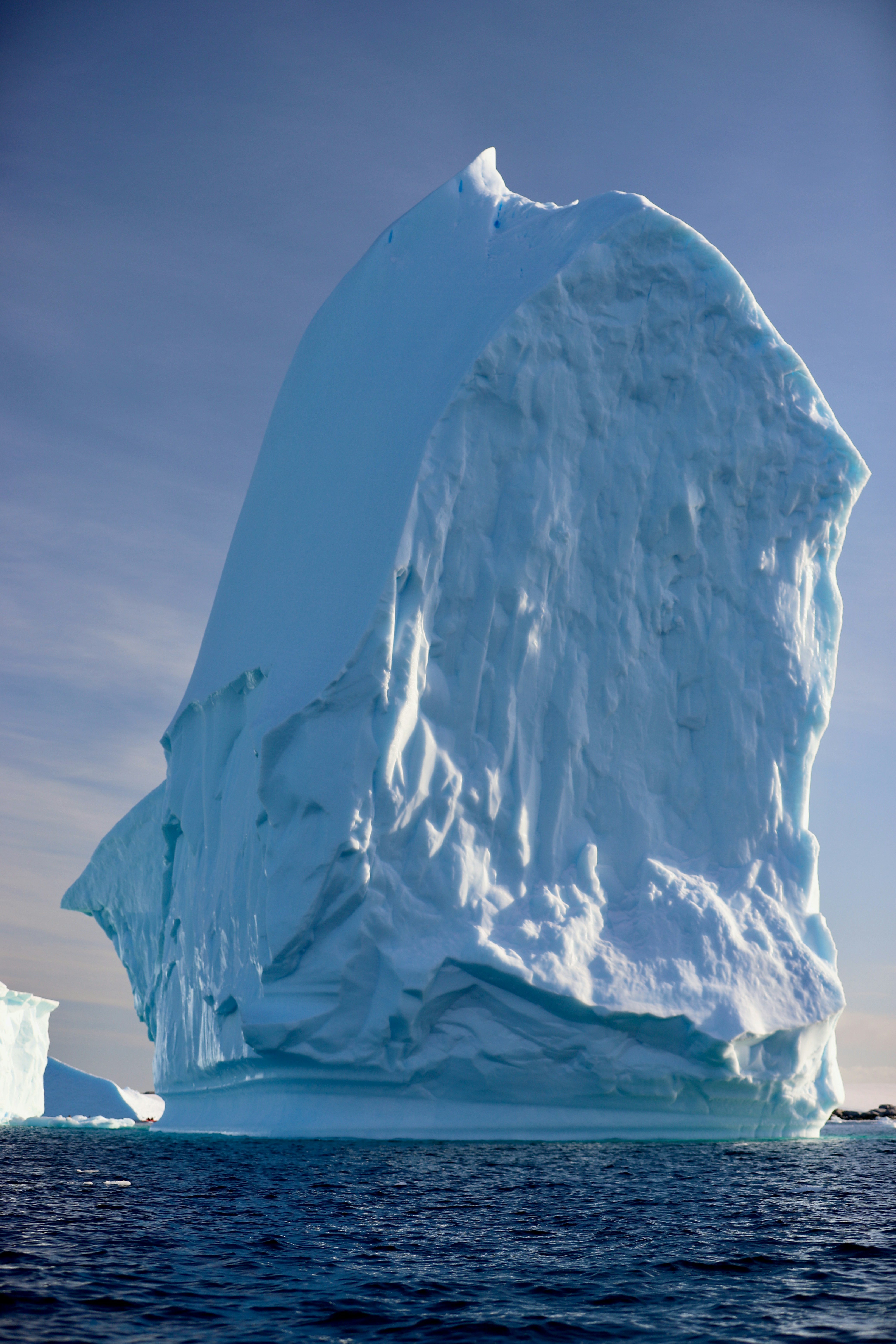
"Antarctica - the Legal Regime"
Catherine Redgwell
Grahame Cook
This book chapter reviews Antarctica’s legal regime, beginning with the 1959 Antarctic Treaty and its subsequent modifications, as well as the Sealing Convention, the Marine Living Resources Convention, and the 1988 Mineral Resource Activities Convention. It examines proposals for change from France, Australia, New Zealand, the US, Chile, and Sweden, and explores how these proposals address jurisdictional issues within the existing framework.
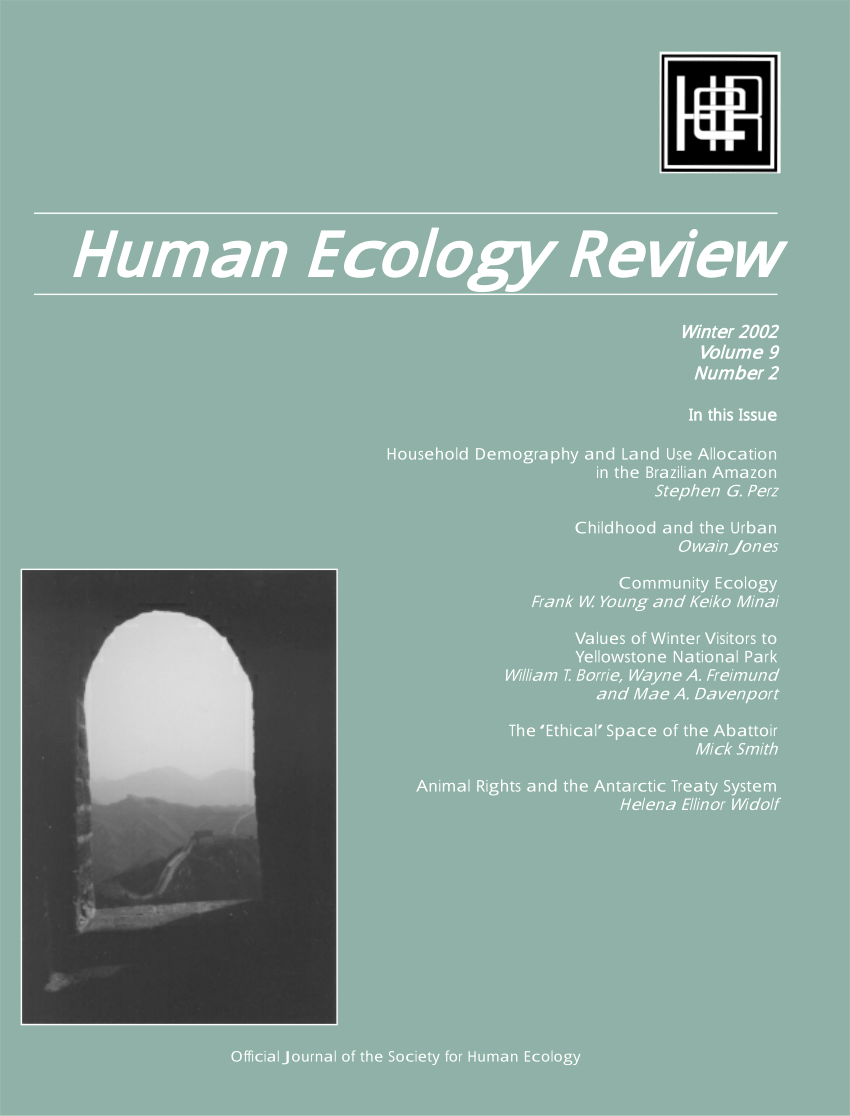
Animal Rights and the Antarctic Treaty System
Helena Ellinor Widolf
This paper investigates the rights of individual animals living in Antarctica and the Southern Ocean, a region inhabited by diverse species including mammals, birds, finfish, crustaceans, and cephalopods. The author identifies key animal rights concerns, assesses their relevance to Antarctic governance, and examines existing legal provisions and management guidelines.

Antarctica and the law of the sea: An introductory overview
Christopher C. Joyner
This article considers possible conflicts between the Antarctic Treaty System and the new UN Convention on the Law of the Sea. If the Convention takes effect, six key issues (such as borders, resource use, environmental rules, and deep-sea mining) could create disputes in Antarctic waters. The author reviews each issue to see where interests might clash or legal authority might overlap.
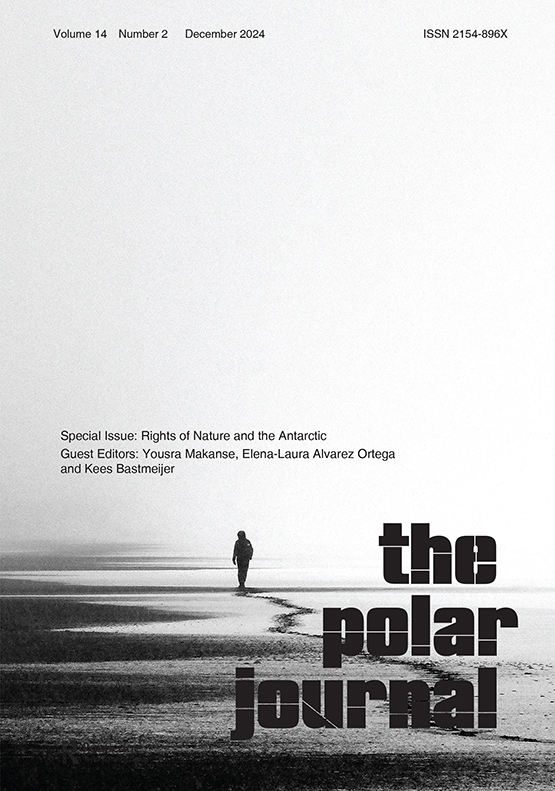
Intrinsic value, sovereignty rights, and sentient animals in Antarctica
Alfonso Donoso
In this article, the author examines how granting Antarctica moral and legal value challenges existing sovereignty claims. This analysis brings into question how human-centric legal structures can protect animal welfare in such a unique environment.
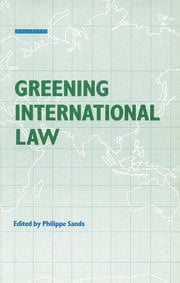
"Environmental Law and Policy in Antarctica"
Lee Kimball
Philippe Sands
This chapter traces the evolution of environmental protection in Antarctica, from the 1959 Treaty to the 1991 Protocol banning commercial and mineral activities for 50 years. The author highlights key shifts, including the adoption of the precautionary principle and the evolving participation rights of international stakeholders. It additionally examines the role of the environmental movement in influencing legal change, ultimately leading to the most stringent international environmental legislation yet, showcasing Antarctica as a unique example of legal “greening.”
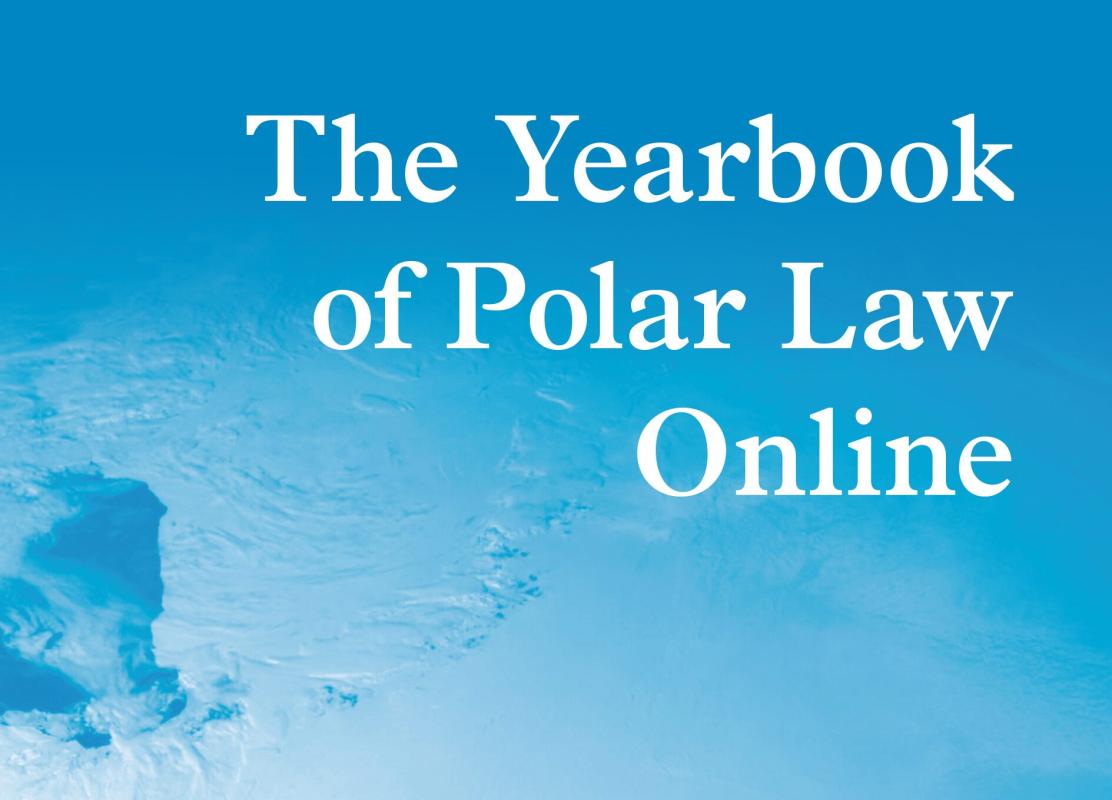
Legal Personality in Antarctica
Trevor Daya-Winterbottom
This paper critically examines New Zealand’s global trusteeship role in Antarctica alongside emerging guardianship models used to protect lakes, rivers, mountains, and coastal waters. It focuses on Indigenous influence–especially Ngāi Tahu’s connection to the Sub-Antarctic islands–and explores legal innovations that grant personhood to natural features. The paper offers preliminary conclusions on how these developments could inform a new legal framework for protecting Antarctica.

Continental governance and environmental management mechanisms under the Antarctic Treaty System: sufficient for the biodiversity challenges of this century?
Peter Convey, Kevin A. Hughes, Tina Tin
Antarctic land ecosystems face rising threats from climate change and growing human activity, which increase the risk of invasive species and weaken native biodiversity. This article evaluates how well the Environmental Protocol and current management tools protect these ecosystems, and calls for a strategic, long-term, and integrated approach to improve resilience and guide future environmental decisions.
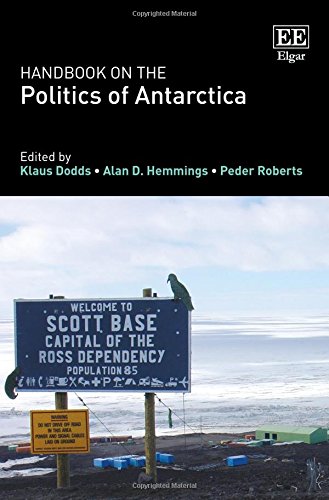
"Antarctic environmental challenges in a global context"
Steven L. Chown
Klaus Dodds, Alan D. Hemmings, Peder Roberts
In this chapter, Steven L. Chown examines Antarctic environmental challenges within a global context, highlighting the region’s transformation due to anthropogenic climate change. While political responses, both within the Antarctic Treaty System (ATS) and globally, have yet to fully address these changes, Chown notes the rising tide of nationalism concerning Antarctica, mirroring trends seen worldwide.
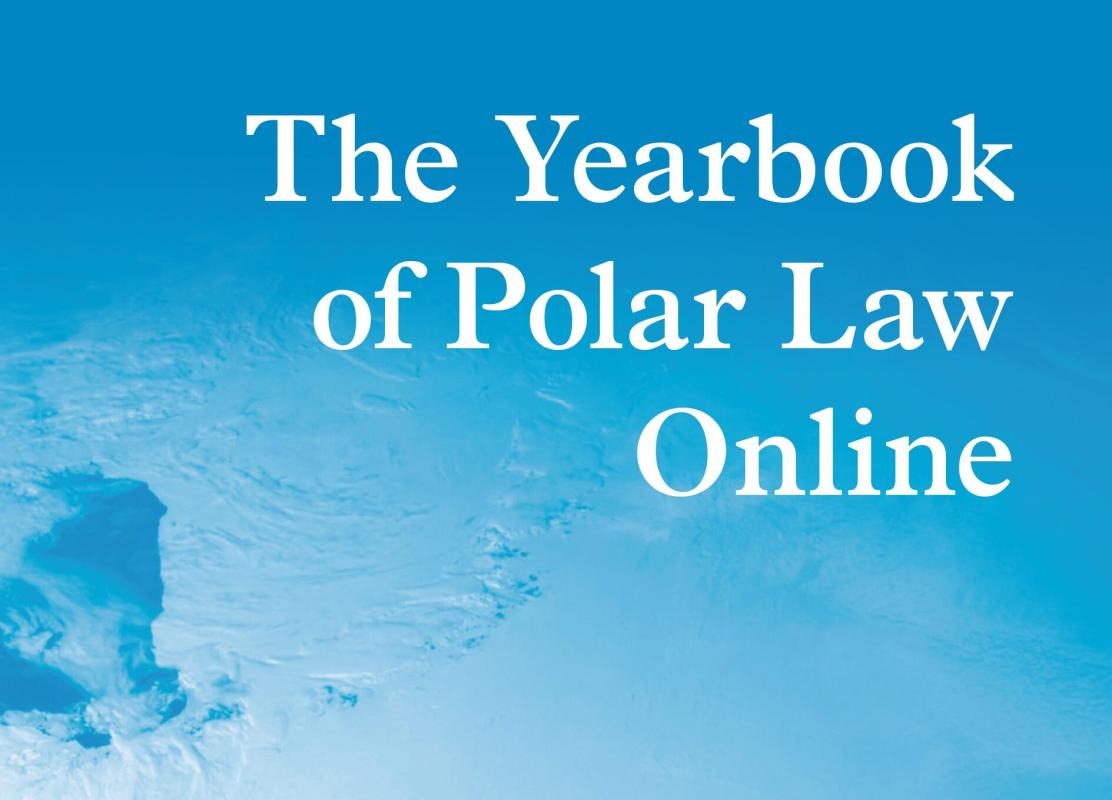
An Ecological Reading of Sovereignty Claims in Antarctica
Carolina Flores
This article examines how the seven Antarctic Claimant States, despite the sovereignty freeze in Article IV of the Antarctic Treaty, continue to lead in environmental protection efforts. The author explores whether their actions reflect a move away from Westphalian sovereignty (which views states as holding absolute authority over their territories and resources) and toward a more human-integrated interpretation.
Photo Credit: Dylan Shaw/Unsplash